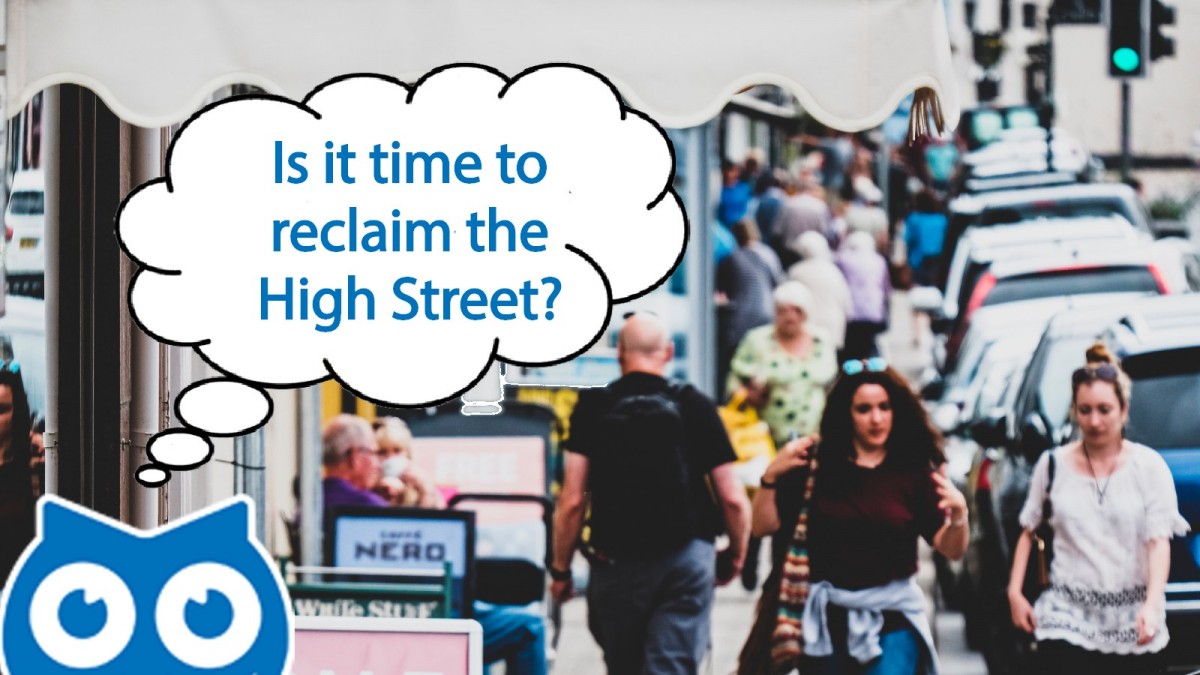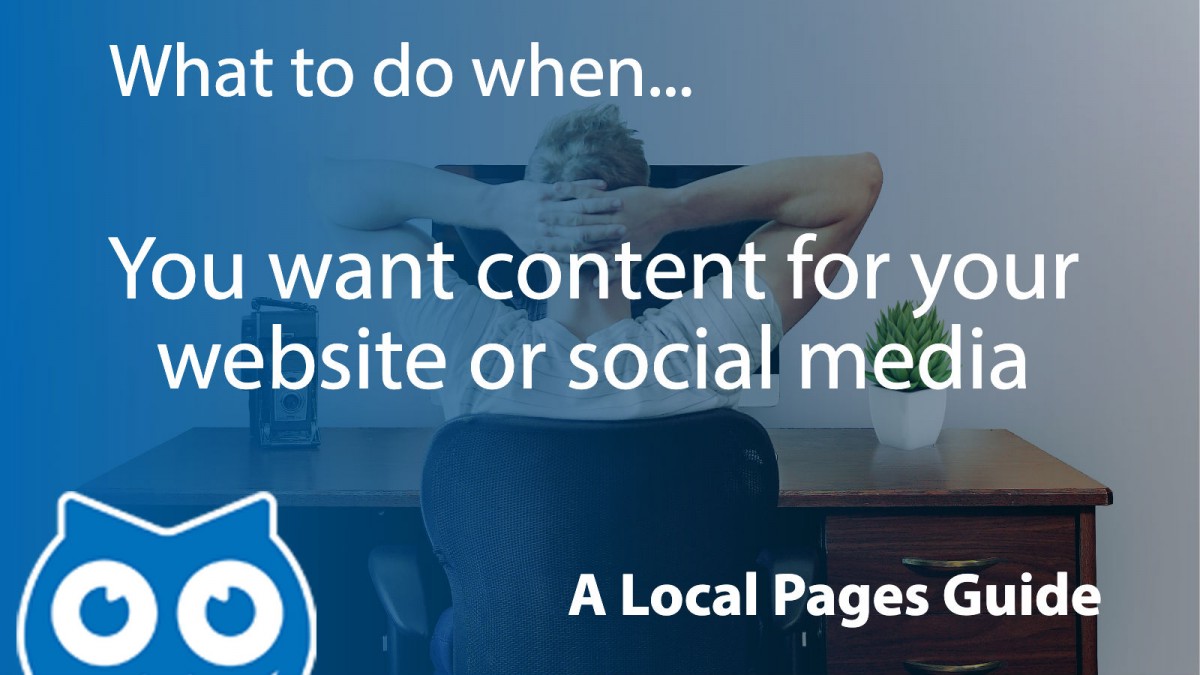During the lockdown period, more and more of us have been discovering that long queues outside supermarkets can be avoided by shopping at smaller retailers on the high street. Butchers, bakers and greengrocers have all seen an increase in customers during the last three months. But what happens after ‘Lockdown?’ Will we all go back to buying from the big national chains or will we remain loyal to the retailers who continued to offer exceptional service when the going got tough?
At Local Pages, we believe it is time to reclaim our local High Streets and carry on spending locally. This is why:
10 Great Reasons for Shopping Locally
1 – Your money stays in the local community.
According to research by the Centre for Local Economic Strategies, for every £1 spent in local businesses 63p is invested back into the local economy, where only 5p is reinvested when money is spent shopping out of town or online. Research by American Express also found that house prices close to thriving town centres are likely to rise faster than similar houses in areas where there are few local shops.
2 – It’s quirky and fun
It’s much more fun searching around little streets full of quirky little independent stores than visiting the national chains that all sell a variation of the same thing. Small independent retailers know the local market and stock items that appeal to local people rather than the masses. This means they are more likely to take risks and stock a more diverse range of products; items that you may not be able to find anywhere else. Local shops also support local artists and designers, so you could end up buying something truly unique.
3 – It helps create local jobs
Last year it was reported that independent businesses accounted for 60% of employment and 52% of turnover in the UK. Independent businesses tend to pay more as a proportion in local taxes than their larger counterparts which means more local investment leading to more local services, more jobs and a better quality of life.
4 – It’s good for our health
Buying locally improves our well-being. By encouraging us out of our homes and places of work, we interact with others, breath fresh air, gain new experiences, give ourselves a sense of purpose and see life from a different perspective. Shopping locally is also a valuable form of physical exercise. Walking to and from the shops combined with carrying our purchases increases our heart rate and muscular development. Research in America by the Cambridge Journal of Regions, Economy and Society, found that there were lower rates of mortality, obesity, and diabetes in areas where there was a high volume of thriving local businesses .
5 – It’s the ethical choice
Local butchers, greengrocers and other suppliers of fresh produce often supply a high percentage of food that is produced locally. Not only does this reduce the amount of fuel required to get the food from the farm to your table, but it also decreases the amount of plastic packaging necessary to transport food over large distances. As well as being fresher, locally produced food is also often tastier and contains more nutrients and less preservatives.
6 – It encourages entrepreneurs
By shopping locally you are encouraging the success of local businesses. This inspires other entrepreneurial types with a passion for growth and local communities to do the same. As new businesses are created they look to fulfill the continually changing needs of consumers. This leads to an increase in innovation and a constant turnover of new products and services.
7 – It helps build communities
Many high street stores including bookshops, cafes and craft shops host events to entice customers into their premises. If the businesses are not supported, the local groups that use them tend to disappear too.
8 – Great for advice
Local shops know their products inside out and want to share that knowledge by helping you whenever they can. Not only can they advise on how something is made or used, but they can make other recommendations based on your needs and budget. It’s a more personalised shopping experience than can be offered by a national chain with the emphasis on helping you buy, rather than selling you something you don’t need or ignoring you altogether.
9 – Great for Price
Most local shops are just as competitive as large retailers with the added advantage that you can normally haggle on price; something you cannot do online or in a chain store. Many local retailers also offer loyalty schemes offering extra discounts and free merchandise to those that shop with them regularly.
10 – Try before you buy
It sounds obvious, but by trying clothes on in a store you can see how they fit and feel before you buy them. When buying furniture you can check how comfortable the sofa is or inspect the quality of the materials and construction. Looking at pictures online can never take the place of the tactile experience. What’s more, in most cases you can take away your purchases there and then for instant gratification without the added worry of possibly having to organise returns, exchanges or asking for your money back.
Leave a comment on Time to Reclaim our High StreetsCategories Blog, Help & Advice, Marketing, Small businesses











